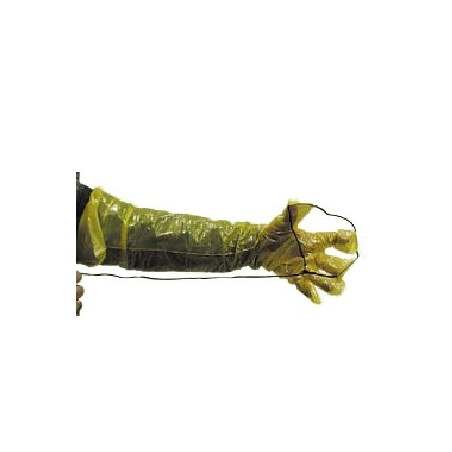The main objective of this study was to evaluate the effect of extruded linseed (rich in alpha-linolenic acid, ALA) in the sow diet on the intestinal barrier function of piglets.
Twelve sows (Large White x Landrace) were divided into two groups: the first one received a diet containing sunflower oil (ALA3 with ALA represented 3% of total fatty acids) and the second received a diet containing
extruded linseed (ALA27 with 27% of ALA) during gestation and lactation. Intestinal paracellular permeability was assessed in Ussing chamber on piglets at weaning (28 days of age). Intestinal sensitivity to lipopolysaccharides (LPS) was also determined at weaning, using jejunal explant cultures, through pro-inflammatory cytokines interleukin 8 (IL8) and tumor necrosis factor alpha (TNFα) secretion in response to different doses of LPS. Jejunal permeability of ALA27 piglets was higher than that of ALA3. Jejunal
sensitivity to LPS was lower in ALA27 piglets despite the higher intestinal permeability.

In conclusion, incorporation of extruded linseed in the sow diet during gestation and lactation modified the intestinal barrier function of piglet at weaning. However, this higher intestinal permeability was not associated with immediate consequences on the inflammatory status of piglet mucosa.
F. De Quelen, S. Ferret-Bernard, J. Mourot, G. Boudry. Effet de l'incorporation de graines de lin extrudées dans l'aliment de la truie sur la fonction de barrière intestinale du porcelet. 2012. Journées Recherche Porcine, 44, 185-186.




